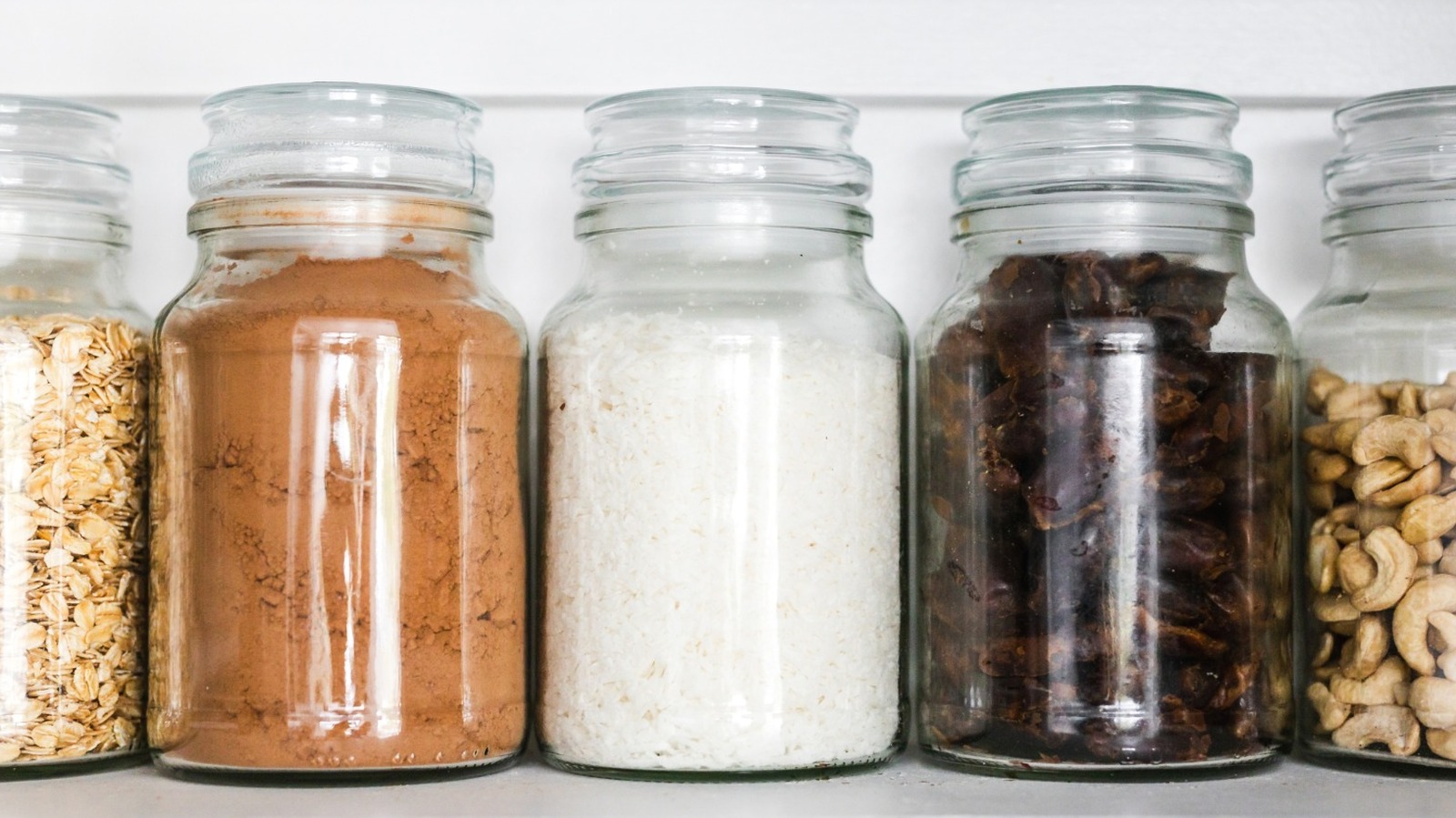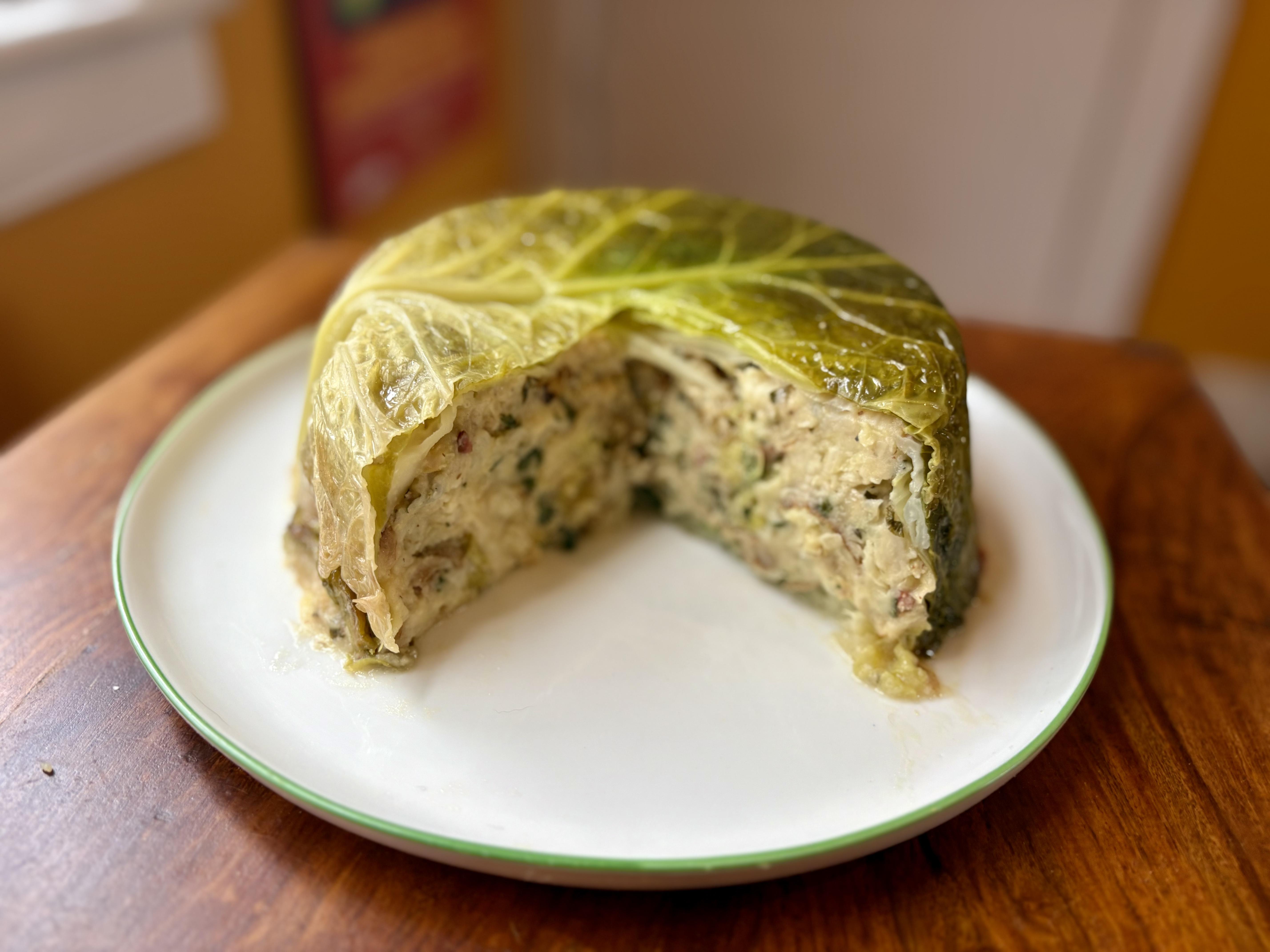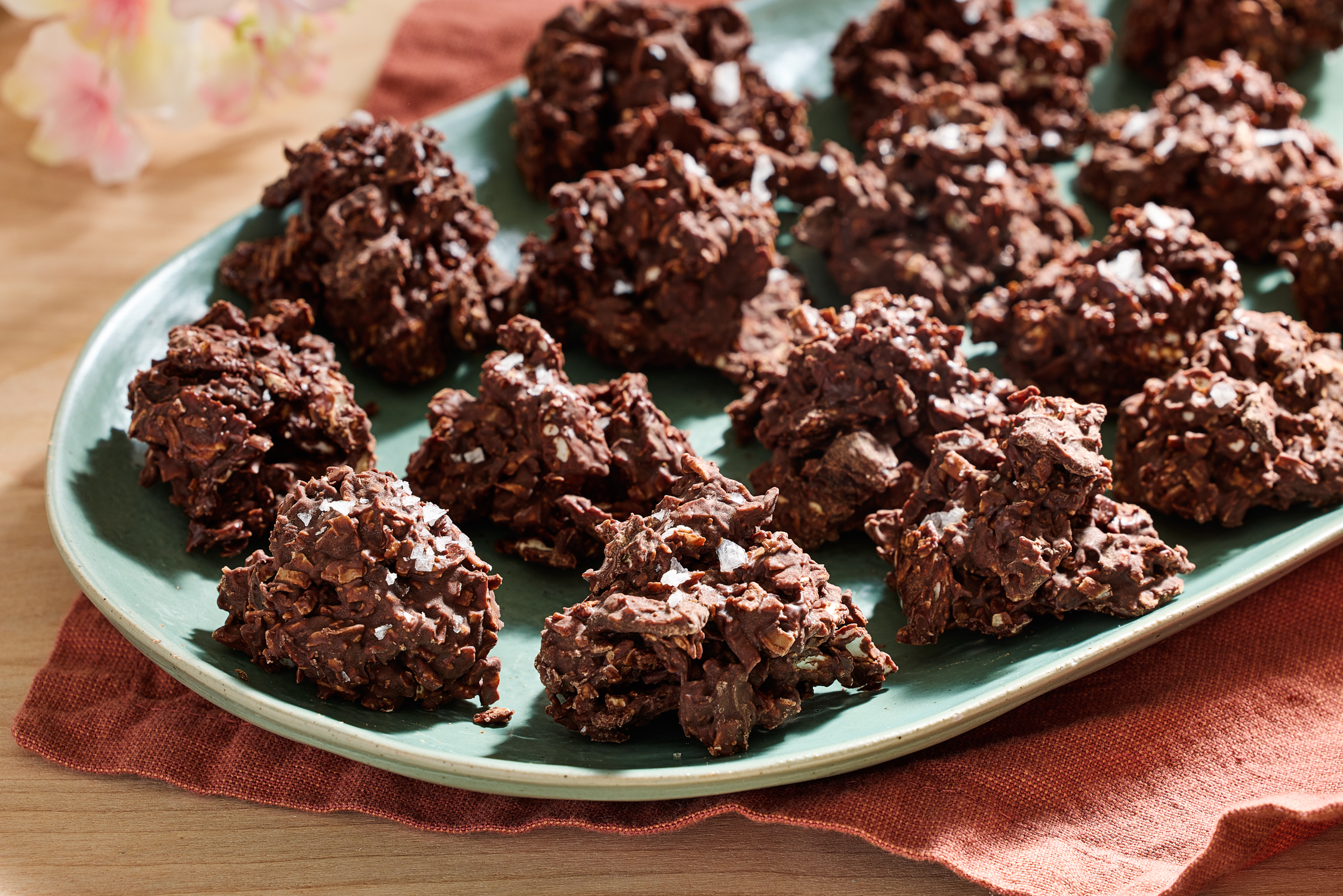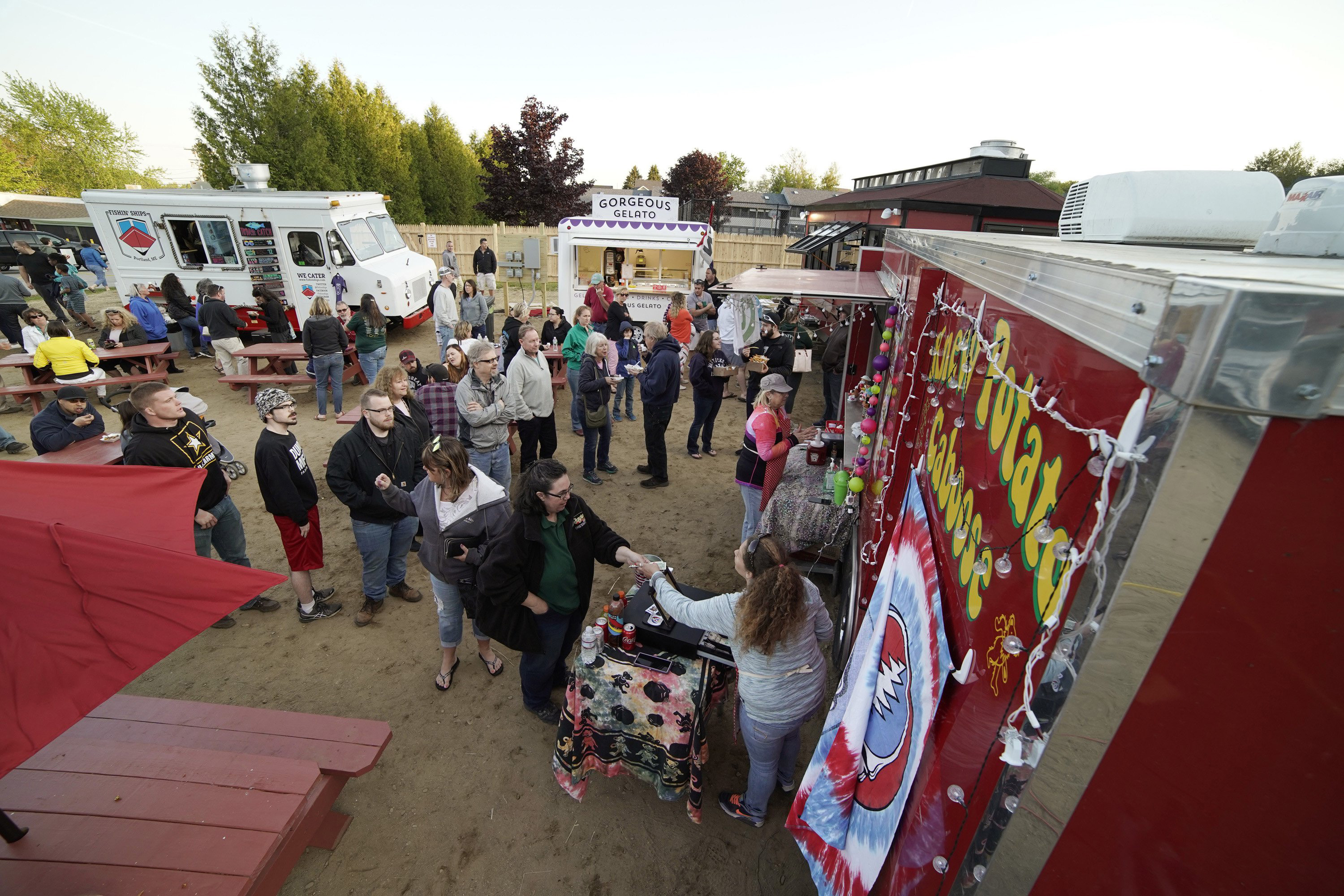In 2008, a global financial crisis caused the Great Recession, a tight squeeze that, in some ways, we still haven't completely recovered from. In 2020, we experienced a global pandemic which caused another recession, whose knock-on effects we're also still dealing with. And whatever long-term effects President Trump's sweeping tariffs may have on the global economy, J.
P. Morgan puts the odds of another recession at 60%. So it couldn't hurt to make sure you're as prepared as possible — and that includes your pantry, which you should stock with shelf-stable items and track using a first-in, first-out system to keep things fresh.

Mind you, we're not talking about , here. You don't need to put any of this in a bunker or check it for radiation or anything. But if you need to stretch your dollar as far as it can go, dried goods bought in bulk will do the job.
We're talking rice, we're talking pasta, we're talking oats. Not only can these be the basis of filling, nutritious meals, they can even be dressed up so you don't feel like a farmer in the Great Depression eating dandelion salad. Then, of course, there are canned goods and powders.
Many , if stored properly and kept free from rust, will last for years, even indefinitely; can also last for a good while, although it should also be stored properly and ideally consumed within five years. Use a first-in, first-out system when organizing your pantry A first-in first-out, or "FIFO" system, might sound a little intimidating, as many organizational styles do. But really, it's just a name for the natural, intuitive thing to do when you have a lot of food.
If you have a well-stocked pantry, it's a good idea to eat whatever food you acquired earliest before moving on to the more recent stuff. In order to do that, you have to organize your pantry so that the oldest food items are the first things you see when you open the door. Let's say you have three boxes of cereal: one you bought in March, one you bought in February, and one you bought last December.
While we're a little unsure why you bought these boxes of cereal without planning to eat them, they're an excellent case study for the FIFO system. Stock the March box in the back, the February box in front of it, and the December box in front of that. This way, when you open the pantry door at breakfast time, you see the box that you bought first, which you and your family can work your way through.
Eventually, you can clear away the oldest boxes cluttering your pantry, keeping things fresh for new additions. Recessions are doubtlessly scary, but by focusing on what you can control, you can find your peace — and feed your family, too. Recommended.
Food

Here's How You Should Prepare Your Pantry For A Recession

As grocery prices go up, as do the chances of a recession, planning for the future may include stocking your pantry, and knowing how to organize it.















